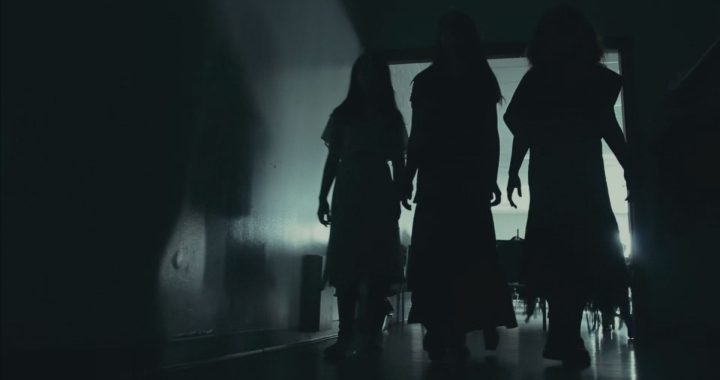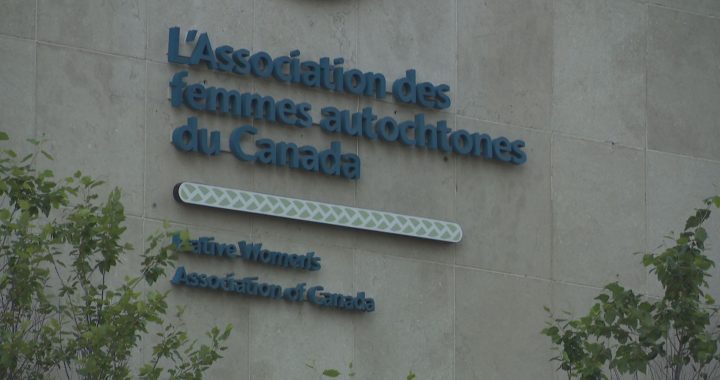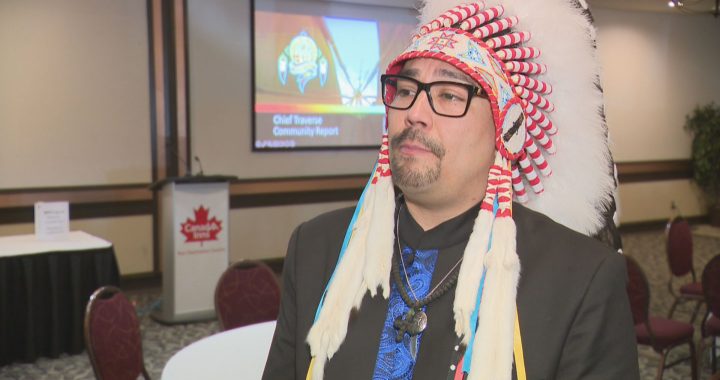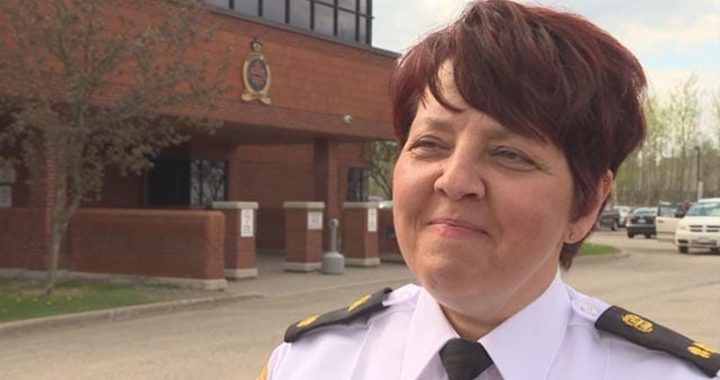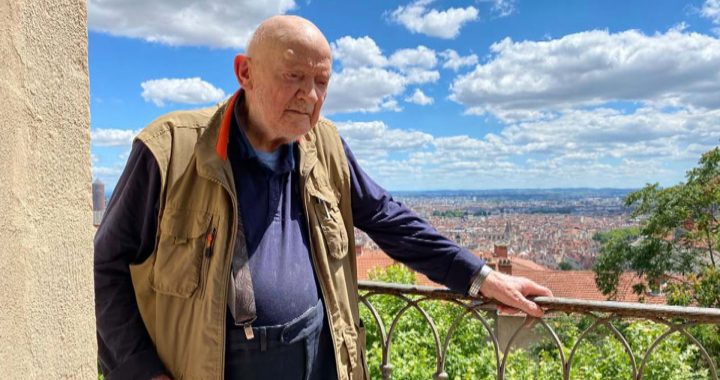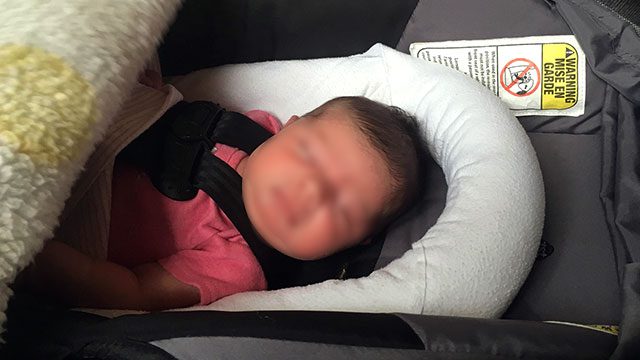
British Columbia announced Monday that effective immediately, it’s ending the controversial practice of putting birth alerts on expectant mothers, which flags a disproportionate number of Indigenous mothers and infants for child welfare agencies.
In its Calls for Justice that came out in June, the National Inquiry into Missing and Murdered Women and Girls called on all provincial and territorial governments to end the practice, which often leads to babies being take hours or days after they’re born and sometimes without good reason.
“We know that birth alerts have been primarily issued for marginalized women and, disproportionately, Indigenous women,” said Ministry of Children and Family Development (MCFD) Minister Katrine Conroy in a statement.
“We acknowledge the trauma women experience when they become aware that a birth alert has been issued,” said the statement.
Jennifer Charlesworth, the representative for children and youth in B.C., said the move – a first in Canada – will have positive effects.
“We want to create a situation in which families are seeking help or accepting help and it’s more in a voluntary, trust-based relational way,” Charlesworth said. “When you use birth alerts, that triggers a system response, it creates fear and trepidation.
“So even if families are struggling and needing help they might not ask for it because they’re concerned child welfare intervention is going to happen.”
For years, agencies would flag an expectant mother when they felt her baby might be unsafe.
In some provinces, a mother who was in the child welfare system herself was enough of a reason reason to be flagged.
That information is attached to the mom’s health file and when she gives birth, child welfare officials are notified and show up at the hospital.
“A birth alert could be in place and it doesn’t automatically mean the child would be removed but it does create a series of interactions and they may not be particularly helpful,” Charlesworth said. “They’ve been particularly damaging to Indigenous families.
“What we don’t want to do is further traumatize those families what we want to do is step in and be in a relationship to support them to ensure safety and good safety planning.”
But a B.C. man doubts it’ll help infants already seized by the government, like his granddaughter.
APTN News reported in June, about a newborn apprehended after medical staff at a Kamloops hospital told MCFD workers that the first-time mom in her 30s was neglecting her baby 90 minutes after having a c-section.
Read More: B.C. CFS moves in to seize 90 minute old baby on report of neglect
APTN can’t name the grandfather or the parents because the infant, dubbed Baby H, remains in care.
She’s been in five different foster homes in her three months of life.
The parents say they’ve been offered no reason why they can’t have their baby home with them without MCFD’s intervention, other than that the ministry ‘has concerns.”
They’re currently allowed supervised visits with their daughter but the grandfather says there’s no progress being made on having the child returned home.
APTN asked MCFD how an end to birth alerts will affect babies who have already been taken on such an alert. Ministry staff said they’d find out but didn’t respond by deadline at the end of the day.
Baby H’s grandfather foresees some good coming from Monday’s announcement.
“In general it is a good thing. Women won’t have so much fear of giving birth in hospitals,” he told APTN Tuesday.
“There has been rising concerns about that for some time, especially with First Nations that they weren’t safe unless they had a large number of supporters to keep their children safe.”
He credits families and advocates speaking out against the system, for B.C.’s change.
“I don’t think (MCFD) would have made these changes if we had just sat back and allowed their bullying tactics to continue,” the granddad said.
“They are used to dealing with people who are unable to stand up, for whatever reason, to their bullying, threats and intimidation.”
Meanwhile, after the national inquiry demanded an end to birth alerts, Saskatchewan doubled down, saying the practice would continue.
In Manitoba – which has the highest rate of children in care at 11,000 – the government has spent a year sitting on a review they ordered which also called for an end to birth alerts.
Manitoba seizes on average, a newborn a day from hospitals via birth alerts.
The Manitoba government said in a statement it continues to review the use of birth alerts and has already made changes with the goal to reduce the number of children apprehended at birth.
“We are shifting our focus toward better supports for expectant mothers, including early interventions, reunification and better planning to provide supports. This can reduce the need to take a child into care, except when these interventions have failed,” read the statement.
The Restoring the Sacred Bond project will use doulas to support the needs of at-risk Indigenous mothers, in partnership with Southern First Nations Network of Care and is set to start work this fall.
“Mothers will then be connected to doulas, who will be a birth helper and provide support through a traditional cultural lens that the mother can learn and incorporate into her approach to parenting.”
-with files from Brittany Hobson




